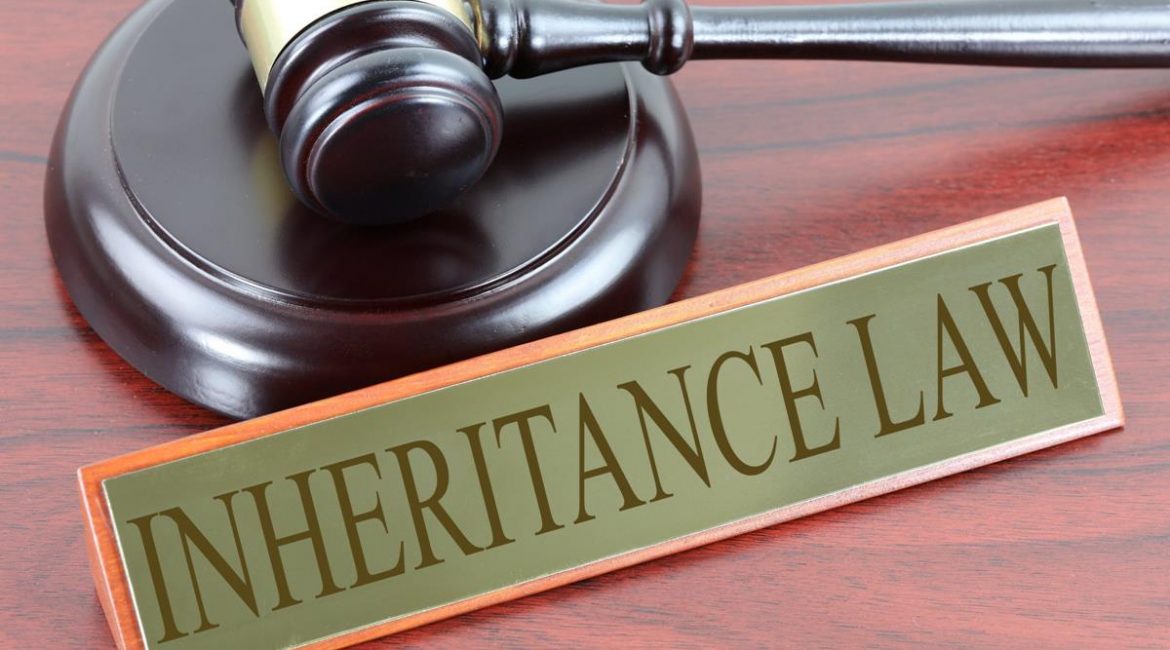It’s a worry every parent has: Am I going to pass on my debt to my children?
With the U.S. moving farther and farther into debt, it’s becoming a bigger concern for more people.
Between credit cards, mortgages, and student loans, the average American has over $200,000 in debt. Even with life insurance, most won’t have enough to cover both funeral costs and their outstanding debt.
So, does that debt get passed down to your children?
While generally the answer is no, laws do differ from state to state and some parts of debts may need to be paid.
Here’s a look at different debt situations and what the law says about them:
Can my unpaid debts affect the inheritance I leave?
In general your children won’t have to pay your debts, but they could see their inheritance diminish as creditors deplete your assets to cover your debts. Again, the laws involving the impact of parental debt on inheritance are complex.
For example, your pension or IRA can be tapped by creditors to cover debts, which could reduce the amount of inheritance your children receive; however, you can avoid this by listing one or more of your children as beneficiaries to your pension.
Can my children be forced to pay my credit card debts?
If you die with credit card debt, your children can’t be forced to pay it, but these debts can be collected from your estate, reducing the amount of inheritance you leave your children.
Be warned, debt collection agencies sometimes attempt to persuade adult children that they’re responsible to pay their deceased parent’s credit card debt. The law does not permit them to contact children in an attempt to collect these debts (except in cases in which the child is also executor of the estate), but some will still try to do so.
To protect yourself, you and your children should familiarize yourselves with the laws that cover unpaid credit card debt. If you are worried about leaving any credit card debt, here are some good tips on how to reduce your debt.

What about medical debts?
Medical debts laws differ widely from state to state. In some states, if a parent dies with unpaid hospital bills, for example, these must be covered by any assets contained in the estate and are not the responsibility of children.
However, almost 30 states have instituted laws that require children to pay some part of their parent’s unpaid medical bills if there are insufficient funds in the estate.
Is my child responsible for the mortgage?
If you leave your home to one of your children and that home has a mortgage, the mortgage isn’t wiped out. Instead, your child will be responsible for making monthly mortgage payments just as you would have. The good news is that the mortgage lender generally can’t require that your child immediately pay the entire mortgage.
If your child decides to sell the house and discovers it’s “under water” (meaning that what’s owed is more than what the house is worth), he or she can’t be forced to pay any amount not covered by the sale. The bank can, however, tap assets from the parent’s estate to pay off the difference.
What if I owe taxes?
Your children will not be held responsible for income or property taxes owed at the time of your death. Unpaid taxes become the responsibility of the estate, assuming there are sufficient assets to cover them.
Are there exceptions?
There are some exceptions, however. For example, cases in which children are cosigners to a parent’s loan, or those in which parents transfer property to children shortly before their death, and that transfer is deemed an attempt to defraud creditors. And, in some states, children can be held responsible for a deceased parent’s unpaid medical debts.
In virtually all other circumstances, creditors can come after your estate, but not the assets of your adult children. If your estate has insufficient assets to pay off debts, in most instances those debts are wiped out.
It’s understandable that you might feel stress at the prospect of passing on with significant unpaid debts. But you can rest easy that, with few exceptions, your children will not inherit your debt.
For added peace of mind, however, you might want to check with an experienced estate attorney to help you navigate the often-complicated laws that govern debt and inheritance.
Source : Business Insider

